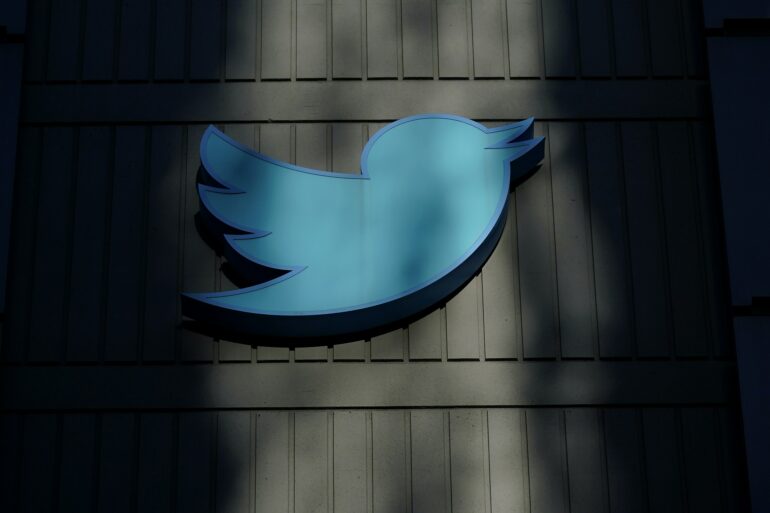Twitter’s decision to no longer enforce its COVID-19 misinformation policy, quietly posted on the site’s rules page and listed as effective Nov. 23, 2022, has researchers and experts in public health seriously concerned about the possible repercussions.
Health misinformation is not new. A classic case is the misinformation about a purported but now disproven link between autism and the MMR vaccine based on a discredited study published in 1998. Such misinformation has severe consequences for public health. Countries that had stronger anti-vaccine movements against diphtheria-tetanus-pertussis (DTP) vaccines faced a higher incidence of pertussis in the late-20th century, for example.
As a researcher who studies social media, I believe that reducing content moderation is a significant step in the wrong direction, especially in light of the uphill battle social media platforms face in combating misinformation and disinformation. And the stakes are especially high in combating medical misinformation.
Misinformation on social media
There are three key differences between earlier forms of misinformation and misinformation spread on social media.
First, social media enables misinformation to spread at a much greater scale, speed and scope.
Second, content that is sensational and likely to trigger emotions is more likely to go viral on social media, making falsehoods easier to spread than the truth.
Third, digital platforms such as Twitter play a gatekeeping role in the way they aggregate, curate and amplify content. This means that misinformation on emotionally triggering topics such as vaccines can readily gain attention.
How to spot online misinformation.
The spread of misinformation during the pandemic has been dubbed an infodemic by the World Health Organization. There is considerable evidence that COVID-19-related misinformation on social media reduces vaccine uptake. Public health experts have cautioned that misinformation on social media seriously hampers progress toward herd immunity, weakening society’s ability to deal with new COVID-19 variants.
Misinformation on social media fuels public doubts about vaccine safety. Studies show that COVID-19 vaccine hesitancy is driven by a misunderstanding of herd immunity and beliefs in conspiracy theories.
Combating misinformation
The social media platforms’ content moderation policies and stances towards misinformation are crucial for combating misinformation. In the absence of strong content moderation policies on Twitter, algorithmic content curation and recommendation are likely to boost the spread of misinformation by increasing echo chamber effects, for example, exacerbating partisan differences in exposure to content. Algorithmic bias in recommendation systems could also further accentuate global healthcare disparities and racial disparities in vaccine uptake.
There is evidence that some…



